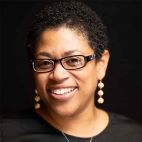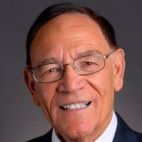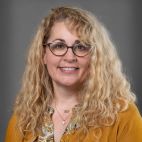
Vito J. Borrello
Executive Director
National Association for Family, School, and Community Engagement

Greg J. Duncan
Distinguished Professor
School of Education, University of California, Irvine

Kathryn Edin
William Church Osborn Professor of Sociology and Public Affairs
The Princeton School of Public and International Affairs
Co-Director
The Bendheim-Thoman Center for Research on Child Wellbeing (CRCW)

Margo Gottlieb
Director
Assessment and Evaluation, Illinois Resource Center, and Lead Developer, World-Class Instructional Design and Assessment (WIDA) Consortium

David B. Grusky
Director
Center on Poverty and Inequality
Professor of Sociology
Stanford University

Robert Salley
Deputy Director
WestEd

Guillermo Solano-Flores
Professor of Education
Graduate School of Education, Stanford University

Lisa Tabaku
Director, Dual Language and Multilingual Education
Center for Applied Linguistics (CAL)

Sandy Walker
Supervisor, Equity and School Improvement
Calvert County Public Schools, Maryland











